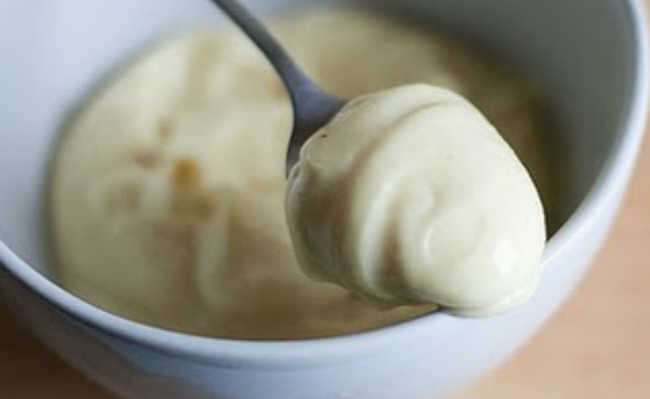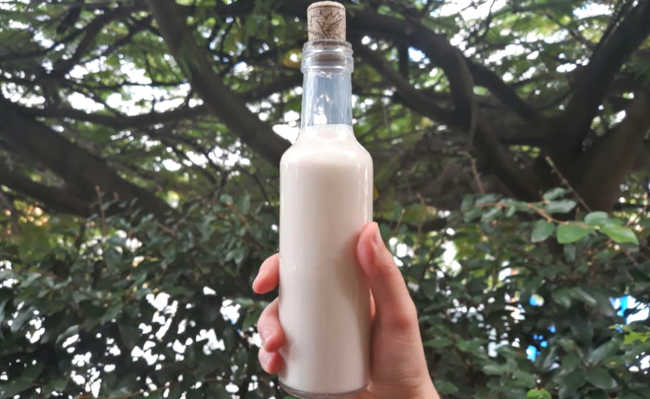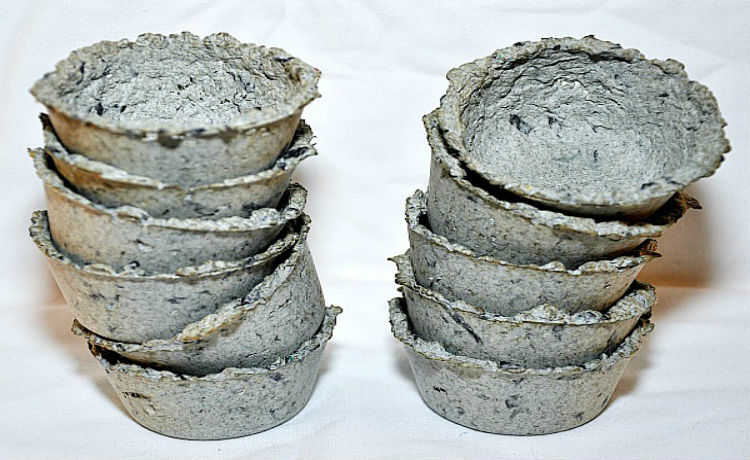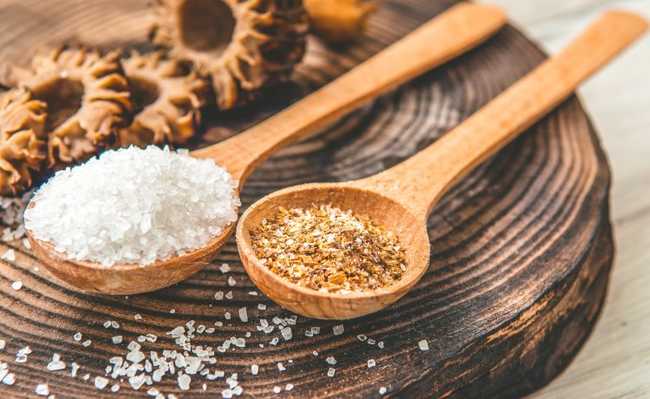What are probiotic foods?
Probiotic foods contain microorganisms that act in the synthesis of vitamins and protection of the body

Probiotics are foods (or products) that contain live microorganisms that provide health benefits.
The concept of probiotics was introduced at the beginning of the 20th century, when Nobel laureate Elie Metchnikoff, known as the “father of probiotics”, proposed that the consumption of beneficial microorganisms could improve people's health. Researchers continued to investigate this idea and the term “probiotics” – meaning “pro-life” – came into effect.
Although people often think of bacteria and other microorganisms as harmful “germs”, many microorganisms are essential for the body to function properly.
- More than half of our body is not human
Bacteria present in the intestine, for example, help to digest food, destroy disease-causing microorganisms and produce vitamins.
Foods that contain beneficial microorganisms for the body are called probiotic foods. Examples of probiotic foods are fermented ones such as sauerkraut, kimchee, kombucha, kefir, pickled ginger, pickled cucumber, fermented beetroot, among others. But probiotics can also be found in capsules or sachets sold at pharmacies.
Some studies show the pros and cons of probiotics for health.
Some probiotics can help prevent diarrhea caused by infections or antibiotics. They can also help reduce symptoms of irritable bowel syndrome. However, not all probiotics have the same effects.
What micro-organisms are in probiotics?
Probiotics can contain a variety of microorganisms. The most common are bacteria that belong to groups called lactobacillus and Bifidobacterium. Each of these two large groups includes many types of bacteria. Other probiotic bacteria are yeast like Saccharomyces boulardii.
Probiotics, prebiotics and symbiotics
Prebiotics are not the same thing as probiotics. As already mentioned, probiotics are foods or products that contain beneficial microorganisms for the body. The “prebiotics” are foods that favor the growth of these microorganisms. Some examples are raw cabbage, green banana flour, onion, garlic, tomato, banana, oats (in the gluten-free version), flaxseed, sesame, almonds, among others.
The term “symbiotics”, in turn, refers to products that combine probiotics and prebiotics.
To learn more about prebiotics take a look at the article: "What are prebiotic foods?".
What Science Says About the Effectiveness of Probiotics
Research links the use of probiotics with the prevention and treatment of a variety of health problems, including:- Digestive disorders such as diarrhea caused by infections, antibiotic associated diarrhea, irritable bowel syndrome, and inflammatory bowel disease;
- Allergic disorders such as atopic dermatitis (eczema) and allergic rhinitis (hay fever);
- Dental caries, periodontal disease and other oral health problems;
- Colic in babies;
- Liver disease;
- Cold;
- Prevention of necrotizing enterocolitis in very low birth weight newborns.
The studies, however, are still not conclusive. There is evidence that some probiotics are helpful in preventing diarrhea caused by infections and antibiotics and in improving symptoms of irritable bowel syndrome. But there is a lack of information about specific doses and also about which are the best probiotics for each type of disease.
As probiotics are not all the same, if a specific type of lactobacillus helps to prevent a disease, for example, it does not necessarily mean that another type of lactobacillus or any of the probiotics Bifidobacterium would do the same thing.
But what is certain is that the microorganisms in the intestine are fundamental for the functioning of the organism. A study carried out by the University of California even concluded that microorganisms present in the intestine are capable of affecting mood, behavior and even the risk of neurological diseases such as Parkinson's disease.
How do probiotics work?
Probiotics can have a variety of effects on the body, and different probiotics can act in different ways, including:
- Help keep the colony of intestinal microorganisms stable;
- Stabilize digestive tract barriers against harmful microorganisms or produce substances that inhibit their growth;
- Helping the community of microorganisms in the digestive tract return to normal after being disturbed (for example, by an antibiotic or an illness);
- Fighting pathogenic microorganisms;
- Stimulate the immune response.
What Science Says About the Safety and Side Effects of Probiotics
The safety of probiotics for the body also depends on the person's previous health status.- In healthy people, probiotics have a good safety record. Side effects, if they occur, usually consist of only mild digestive symptoms such as gas;
- On the other hand, there are reports linking probiotics to serious side effects, such as infections in people with previous medical problems. The risk of serious side effects is greatest in patients who are very sick, operated on, babies who are very sick, and people with weakened immune systems.
Also consider
- Do not substitute scientifically proven treatments for unproven products and practices. Do not use a complementary health product, such as probiotics, as a reason to postpone an appointment with your doctor about any health problem;
- If you are taking a probiotic dietary supplement, seek medical advice. Especially if you have health problems. Anyone with a serious health condition should be closely monitored while taking probiotics;
- If you are pregnant or nursing, or if you are considering giving a dietary supplement to a child, such as probiotics, it is especially important to seek medical advice;
- Inform all your healthcare professionals of any complementary or integrative healthcare approaches you use. Give them a complete picture of what you do to manage your health;
- This will help ensure safer care.










